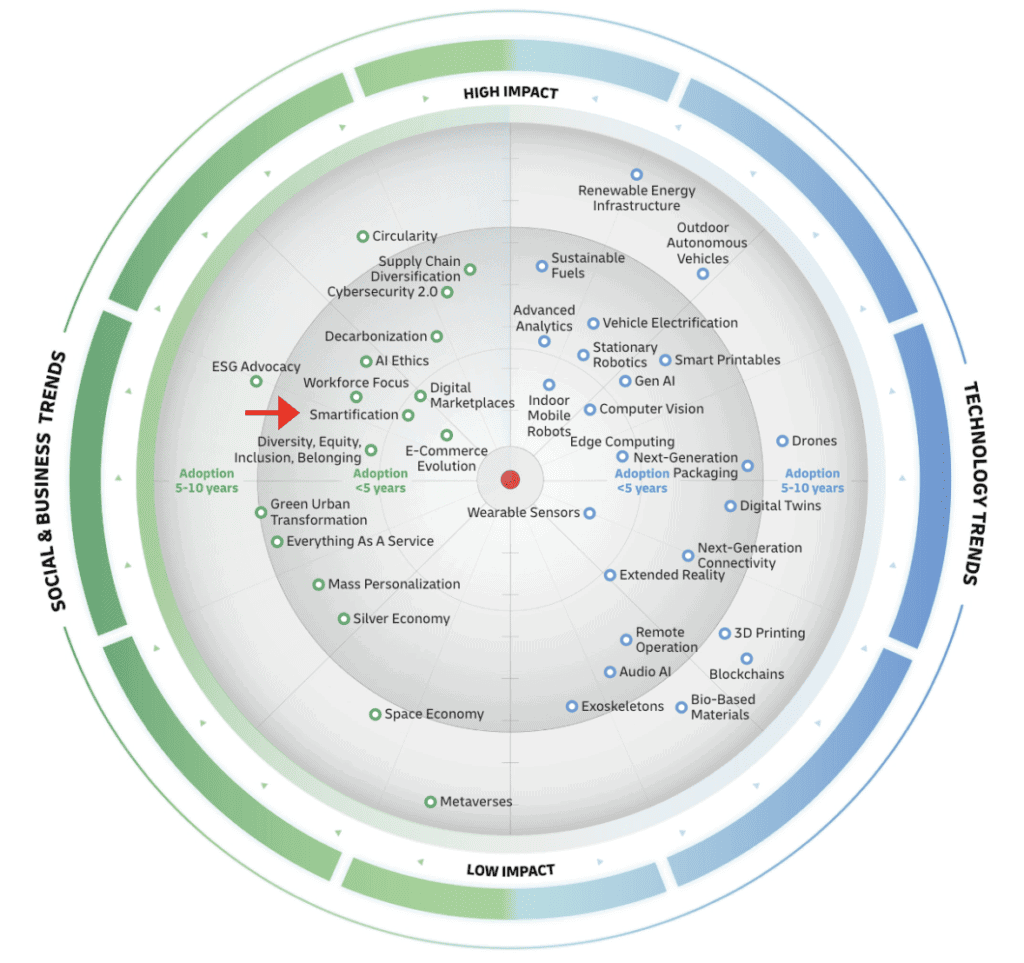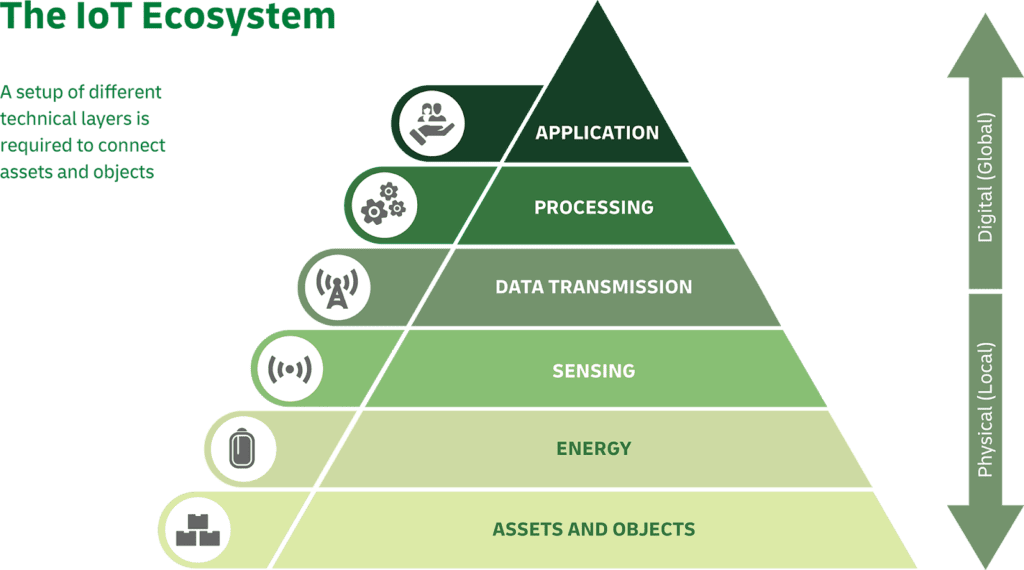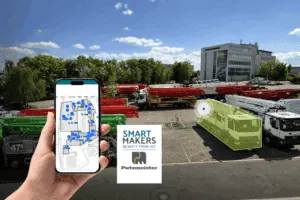The logistics industry is changing: digital technologies are driving automation, customers expect faster and more transparent processes, and the focus is increasingly shifting towards sustainability. A key concept in this development is smartification - the intelligent networking and automation of logistics processes. But what does this mean in concrete terms? And how can companies benefit from it?

What does smartification mean in logistics?
Smartification describes the use of digital technologies such as IoT (Internet of Things), artificial intelligence (AI), machine learning and automation to make logistics processes smarter and more efficient. Data is collected, analyzed and used in real time to make informed decisions and optimize processes.
The central elements of smartification
- IoT and real-time data processing: sensors and networked devices continuously provide data on the status and location of goods, vehicles and infrastructure. This enables more precise monitoring of stock levels and predictive maintenance of means of transportation.
- Automated warehousing: Advanced automation technologies such as autonomous mobile robots (AMRs) and AI-controlled warehouse systems improve efficiency and reduce error rates. Intelligent shelving systems and robotics also support order picking and dispatch processing.
- Dynamic route planning and autonomous vehicles: AI-supported route planning systems analyse traffic data in real time and optimize transport routes to shorten delivery times and minimize fuel consumption. Autonomous delivery vehicles and drones are promising technologies for the future of smart logistics.
- Artificial intelligence for predictive analysis: AI algorithms recognize patterns in large amounts of data and enable forecasts for demand, stock levels and potential disruptions in the supply chain. This helps companies to avoid bottlenecks and react flexibly to market changes.
- Digital twins for process simulations: Digital twins are virtual images of real logistics processes and enable companies to simulate and optimize various scenarios before they are implemented in reality. This reduces risks and costs in logistics planning.

The Internet of Things as a bridge between the physical and digital world
The Internet of Things (IoT) plays a central role as a link between the physical and digital worlds. Through the use of sensors, networked devices and cloud technologies, physical objects can be monitored and controlled in real time. This enables seamless integration of processes along the entire supply chain. From the automated tracking of goods to the optimization of stock levels, the IoT helps to maximize transparency, efficiency and responsiveness in logistics. The connection between the real world and digital platforms creates the basis for innovative applications and enables a future-proof logistics strategy.
Advantages of smartification for companies
- Cost savings: Optimized processes and lower resource consumption reduce operating costs.
- Increased efficiency: Automated processes and AI-supported decisions improve productivity.
- Sustainability: Intelligent route planning and optimized warehousing reduce CO2 emissions.
- Transparency and traceability: real-time data enables goods to be tracked seamlessly and minimizes losses.
Challenges and future prospects
Despite the numerous advantages, smartification also brings challenges. These include investment costs, data protection concerns and the need for close networking between the various players in the supply chain. Companies must also ensure that their employees are appropriately trained to use the new technologies efficiently.
However, smartification will have a significant impact on the logistics industry in the coming years. Companies that invest in intelligent technologies at an early stage can secure a decisive competitive advantage and future-proof their supply chains.
Conclusion
The future of logistics is smart. Through the targeted use of IoT, AI and automation, efficiency increases, cost reductions and sustainable improvements can be achieved. Companies should therefore take a close look at the possibilities of smartification in order to remain competitive in the long term.
You too can benefit from the advantages of smart logistics and use the Internet of Things to make your processes more efficient!
Not sure how to get started? - We will advise you free of charge and without obligation.




